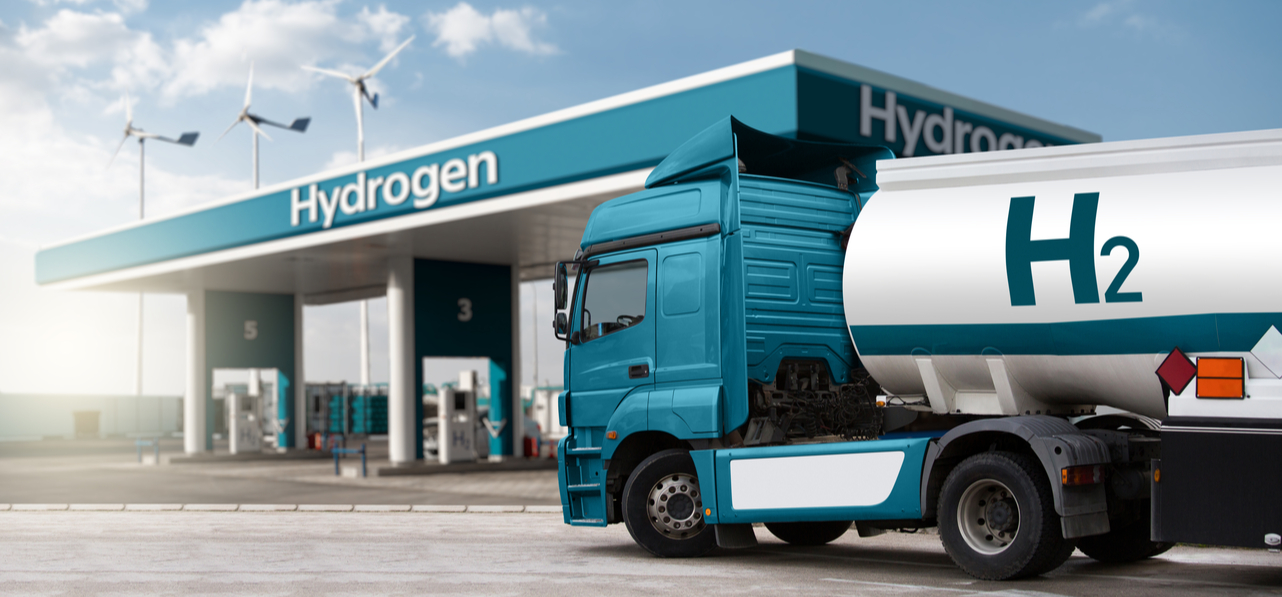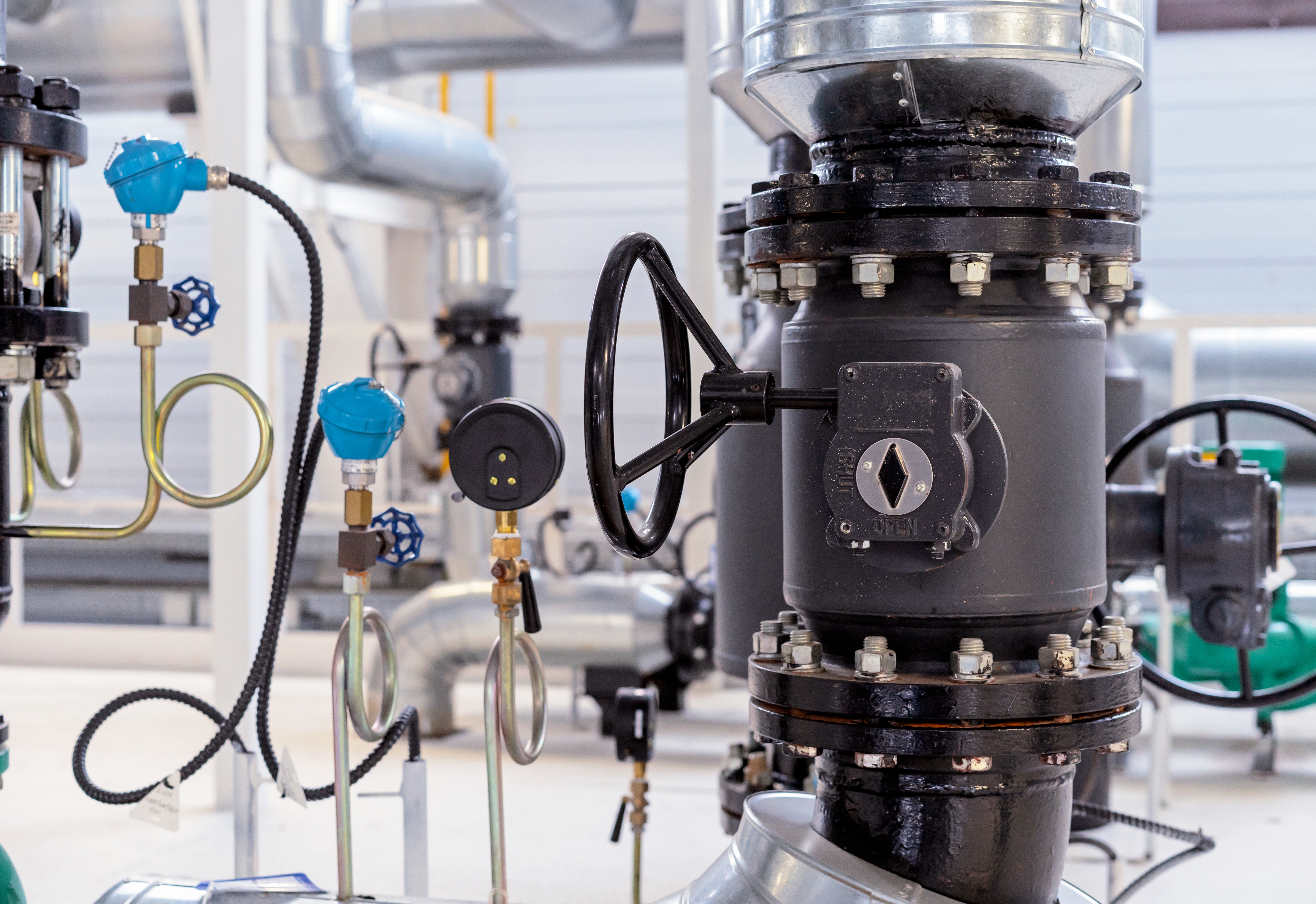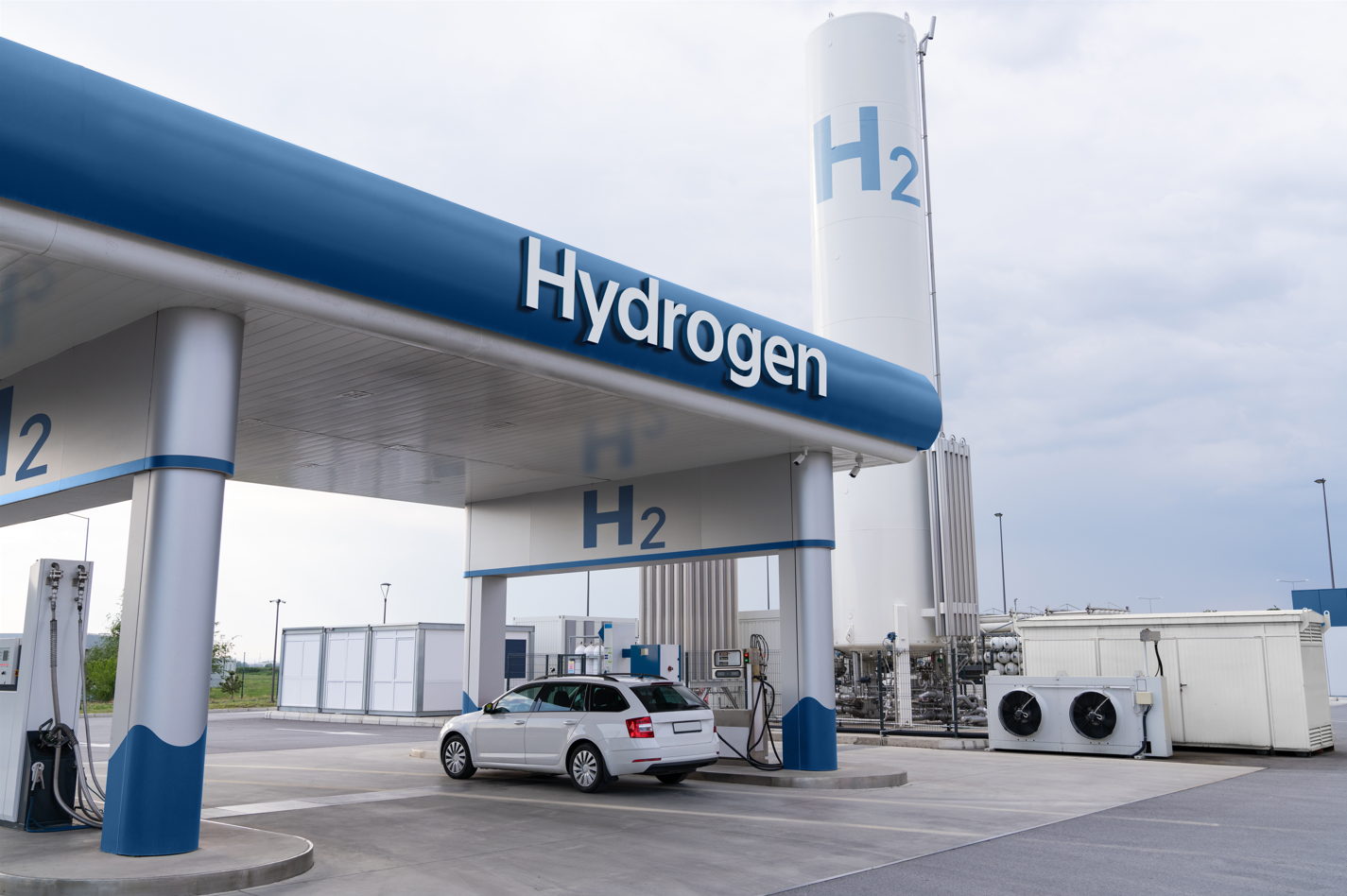Featured Articles
2022-10-03
Hyundai's hydrogen heavy-duty vehicles lead the world
 The hydrogen heavy duty with high-density energy carrier enables to provide long-distance and heavy loads than lithium vehicles.
The hydrogen heavy duty with high-density energy carrier enables to provide long-distance and heavy loads than lithium vehicles. Hyundai's layout of hydrogen energy vehicles is not limited to passenger cars, but also includes heavy vehicles with higher technical levels. Based on the strict restrictions on carbon emissions in the EU and the performance limitations of lithium batteries, it is imperative to use hydrogen fuel cells for heavy vehicles. The company tends to consider hydrogen fuel as a clean energy solution for commercial vehicles or heavy vehicles, mainly because of the convenience of hydrogen fuel in production, transportation, sub-packaging and storage, coupled with its high-density energy carrier, which can reduce the hydrogen refueling time and enables hydrogen vehicles to provide continuous energy output suitable for long-distance driving and carrying heavy loads more than lithium vehicles, greatly reducing downtime, thereby improving work efficiency and reducing infrastructure costs.
Although Hyundai is not the first automaker to mass-produce passenger cars using hydrogen fuel cells, it has come out on top in heavy-duty vehicles. The company has added Fuel Cell models to the existing Xcient heavy-duty vehicle series for identification. It will first be sold in mountainous Switzerland in 2021. As of July 2022, a total of 47 vehicles have been deployed in Switzerland, and the cumulative driving mileage exceeds 4 million kilometers. In August 2022, Hyundai revealed that hydrogen trucks will enter Germany, the largest commercial vehicle market in Europe. With the support of environmental protection commercial vehicle funds from the Federal Ministry of Digital and Transport, a total of 27 vehicles will be put into seven German logistics, manufacturing and retail companies’ fleet services for the development of hydrogen refueling and charging infrastructure and associated feasibility studies under the Fund’s programme. Taking advantage of this opportunity to successfully enter Germany will help to further expand its business into the wider European commercial vehicle market. It has also made initial gains in the US market, and has obtained the qualification of the California Port Environmental Protection Truck Introduction Project (NorCAL ZERO) sponsored by the California Air Resources Board CARB and the Energy Commission CEC, and will deploy 30 XCIENT Fuel Cell heavy-duty tractor trailers in the Port of Oakland in 2023. As for South Korea, from the end of 2021, led by the government, it will deploy 5 Hyundai 11-ton Xcient hydrogen heavy trucks, and combine with two local logistics operators and e-commerce companies to participate in different product projects including international express delivery, steel plate material transportation, etc. And a test drive plan for the infrastructure of the hydrogen refueling station.
Rival Toyota has no heavy-duty vehicle business; so it must cooperate with the heavy-duty vehicle manufacturers to develop hydrogen-powered ones. In 2020, Toyota and the American Kenworth truck manufacturer launched a batch of hydrogen-powered heavy-duty truck for the transportation of goods near Los Angeles. The company and Hino have jointly developed a heavy-duty hydrogen truck based on the Profia truck with two Mirai fuel cell stacks, with a cruising range of about 600 kilometers, but there is no specific production time.
References
-
2022-02-02, 技術オフィス Tech-T,水素エネルギー社会(31)MIRAIとNEXO 2021年販売台数
-
2022-02-06, 技術オフィス Tech-T,水素エネルギー社会(32)日韓 水素ステーション比較
-
2018-03-27, Hyundai Press release, Hyundai Begins Sales of NEXO Fuel Cell Electric Vehicle
- 2022-08-02, Hyundai Press release, Hyundai Motor’s XCIENT Fuel Cell Heavy-Duty Trucks to Hit German Roads
- 2021-09-23, Pulse by Maeil Business News Korea & mk.co.kr, Lee Ha-yeon, Korea starts test on hydrogen trams for commercialization by 2023
-
2022-1-20, Electrive.com, Carrie Hampel, S.Korea to acquire 624 H2 fuel cell buses by 2025



